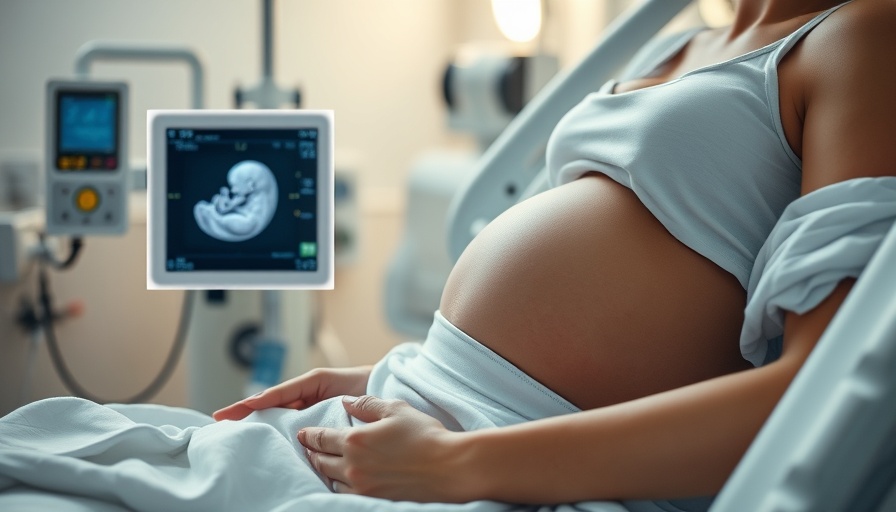
The Future is Here: How "Pregnancy Robots" Could Transform Parenthood
Imagine a world where the joy of having a child isn't solely reserved for those who can conceive biologically. Thanks to groundbreaking advancements in artificial intelligence and biotechnology, we are on the verge of a revolution that could put this dream within reach. The recent announcement about "pregnancy robots" being developed in China has ignited discussions about the future of family planning and reproductive health.
Behind the Technology: The Development of the Pregnancy Robot
According to Dr. Zhang Qifeng, founder of Kaiwa Technology in Guangzhou, this pregnancy robot prototype uses advanced artificial womb technology. It is designed to nurture a fetus for approximately ten months, mimicking the natural process of human gestation. For couples facing infertility, this innovation offers a potential pathway to parenthood at a fraction of the cost of traditional surrogacy, estimated at around $13,927, compared to $100,000 or more for human surrogates in the United States. As exciting as this may sound, challenges remain about the methods of fertilization, integration of technology with biological processes, and the actual birthing procedure itself.
Ethics and Implications: Navigating the Unknown
With the promise of this technology comes a myriad of ethical concerns. The implications of utilizing robots for human reproduction pose significant questions relating to morality, legality, and the overall implications on the family structure. Dr. Qifeng has already begun addressing potential ethical dilemmas by holding forums and engaging with authorities to explore necessary policy frameworks. As we approach this brave new world, society must grapple with how such technology could alter our fundamental understanding of parenthood.
Public Reaction: Wonder, Concern, and Curiosity
Public response to the idea of pregnancy robots has been mixed, reflecting a range of emotions from excitement to trepidation. As technology increasingly becomes integrated into everyday life, the reactions often range from awe to fear. David Dube of KraneShares noted as much during a recent event highlighting humanoid robots, saying that witnessing these advancements feels like witnessing historical milestones. Will we adapt positively to such changes, or will fear dominate our perceptions?
Looking Ahead: The Path Forward for Expectant Parents
As the concept of pregnancy robots is put into motion, it prompts a reevaluation of societal norms and open dialogues about assisted reproductive technologies. These discussions are particularly vital in the Kansas City area, where local innovation is catalyzing changes in health and wellness sectors. As we consider future politics and public opinion surrounding these technologies, will they foster a bipartisan agreement on legislation, or will they divide us further?
Conclusion: Engage With Emerging Technology
As technological advancements reshape our society, the potential for pregnancy robots to assist with infertility represents a significant shift in how we might approach parenthood. If you have a story to share about your views on technology or wish to engage in conversations about this topic, reach out to us at team@kansascitythrive.com. We invite you to join the discussion on how these innovations could impact the Kansas City community and beyond.
 Add Row
Add Row  Add
Add 




Write A Comment